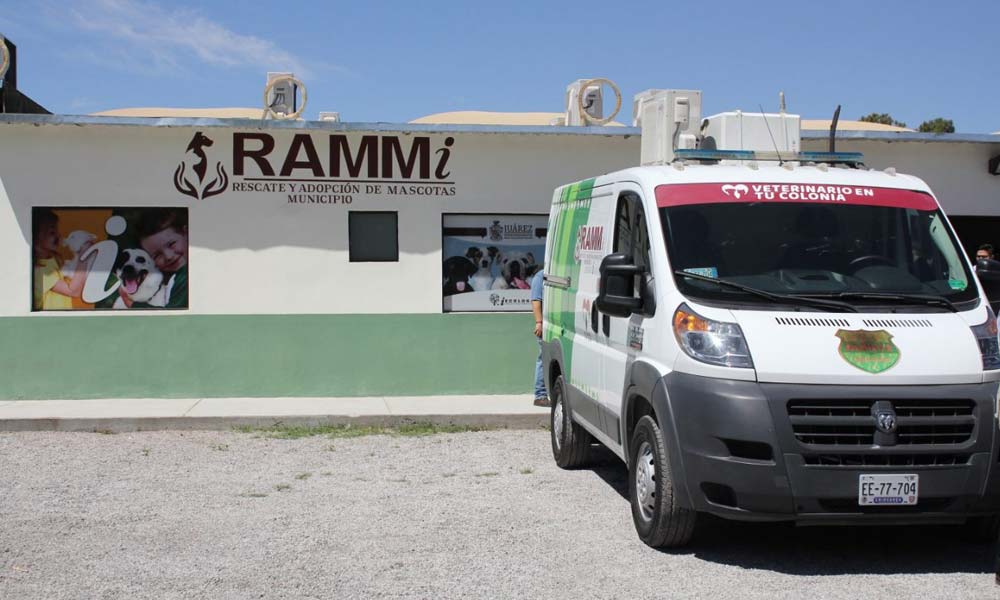Si eres una mujer con mascotas o en tu casa hay alguna, debes quedarte a leer las siguientes recomendaciones que la médico veterinario zootecnista, Karina Castro, nos da para esta temporada invernal.
De inicio hay que saber que, al tener un compañero de vida como estos, debemos ser muy responsables ya que necesitarán de muchos cuidados y son para toda la vida.
Ambiente
“Todo lo que causa gran estrés baja las defensas del animalito”, comentó Castro, quien señala que cambiar de domicilio, comida, rutina, o algo similar hará que nuestros amigos peludos tengan impactos emocionales y eso los deja vulnerables a tener alguna enfermedad de temporada.
Alimentación
“En frío todos comemos más por naturaleza, pero ellos deben de comer según lo indique su veterinario, todos los animales son diferentes y la alimentación también”, bajo esta premisa aclara que no toda la comida es buena para los animales, la proteína que necesitan es el 20 por ciento, pero la comida debe especificar de dónde sale esa proteína, ya que hay marcas que la sacan de plumas de animales, huesos u otras partes que no hacen bien a la mascota.
“En el caso de los gatos ellos siempre deben de comer lo mismo, medido y vigilado ya que tienden a engordar”.
Vacunas
“Perros y gatos tienen su cuadro de vacunación y desparasitación, y deben de tenerlo completo para prevenir enfermedades graves”, enfatizó la médico, quien agregó que cada animal, dependiendo la raza y tamaño, deberá seguir las indicaciones del veterinario. Además aclaró que los parásitos y no ponerse vacunas complica cualquier enfermedad en la mascota; la periodicidad de estas inyecciones deberá ser siempre indicada por el experto.
El clima
En el caso de las temperaturas, señaló que es mejor que los gatos estén dentro de los hogares, “ellos son más vulnerables que los perros, tienden más a perecer a la intemperie”. En el caso de los perros señala que hay una tabla en la que se explica cuando el animal ya siente el frío, corre peligro o puede fallecer. “Hay gente que piensa que no tienen frío por ser peludos, pero sí lo sienten, aunque varía según el tamaño y la raza”.
Por último, exhortó a los dueños a tratar de buena manera a sus mascotas e invitó que las personas que no cuenten con la economía necesaria para llevar a sus mascotas a un veterinario, los lleven al Centro de Rescate y Adopción de Mascotas del Municipio Independiente (Rammi), donde los atienden a bajo costo o de manera gratuita, aunque por la contingencia sólo se están recibiendo animales rescatados, denunciados al número de emergencia 911.
El Rammi está ubicado en el interior de El Chamizal, cuenta con veterinarios especializados en brindar la mejor atención a los peludos de la familia y brinda servicio a toda la población fronteriza.
Pets care during the winter
If you are a woman with pets or there are any in your house, you should stay and read the following recommendations that the zootechnical veterinary doctor, Karina Castro, gives us for this winter season.
At the beginning you have to know that, having a life partner like these, we must be very responsible since they will need a lot of care and they are for life.
Environment
“Anything that causes great stress lowers the animal’s defenses”, said Castro, who points out that changing home, food, routine, or something similar will cause our furry friends to have emotional impacts and that leaves them vulnerable to seasonal illness.
Feeding
“In the cold we all eat more by nature, but they should eat as indicated by their vet, all animals are different and food is also different”, under this premise she clarifies that not all food is good for animals, the protein they need it is 20 percent, but the food must specify where that protein comes from, since there are brands that get it from animal feathers, bones or other parts that don’t do the pet well.
“In the case of cats, they should always eat the same, measured and monitored as they tend to get fat”.
Vaccinations
“Dogs and cats have their vaccination and deworming chart, and they must have it complete to prevent serious diseases”, emphasized the doctor, who added that each animal, depending on the breed and size, should follow the veterinarian’s instructions. She also clarified that parasites and not getting vaccinated complicates any disease in the pet; the periodicity of these injections must always be indicated by the expert.
Weather
About temperatures, she pointed out that it is better for cats to be indoors, “they are more vulnerable than dogs, they tend to perish outdoors”. In the case of dogs, she indicates that there is a chart in which it’s explained when the animal already feels the cold, is in danger or may die. “There are people who think they are not cold because they are hairy, but they do feel it, although it varies by size and race”.
Finally, she exhorted owners to treat their pets in a good way and invited people who don’t have the necessary finances to take their pets to a veterinarian, take them to the Independent Municipality Pet Rescue and Adoption Center ( Rammi), where they are treated at low cost or free of charge, although only rescued animals are being received due to the contingency, reported to the emergency number 911.
The Rammi is located in the El Chamizal, has veterinarians specialized in providing the best care to the family’s furry animals and provides service to the entire border population.

